- HOME
- MEET OUR AUTHORS
- Create Accurate Estimates as a Contractor
Create Accurate Estimates as a Contractor
As a contractor, creating accurate project pricing estimates is essential if you want to run a successful business. Whether you work in construction, home services, or a similar field, you might be struggling to pull together estimates due to supply chain constraints and the rapid rise in material costs. These tips can guide you as you develop better estimates.
Use Estimating Apps
Using estimating software for different types of projects is one of the simplest ways to improve your estimates. You can use general estimating software, or software designed with certain projects in mind, such as roof estimate software. With estimate software, you can use local financial data to produce estimates for materials and labor costs, design and save templates that you can re-use for future estimates, and add your company’s logo to branded estimate emails for a sleek, professional look.
Assess Material Pricing
With raw materials undergoing unpredictable cost increases, you might be struggling to create accurate estimates. To nail down your estimated costs, Archdesk recommends using prefabricated components when possible, eliminating waste, and adding a price escalation clause into your contracts. Keep an eye on industry news and trade reporting relevant to your sector to get an idea of how costs might be affected by supply chain issues in the future, so that you can anticipate cost increases or possible decreases down the line.
Work
With a Consultant
If you’re struggling to manage your company’s finances, keep your clients happy, and develop winning estimates at a time when your industry is in the midst of such upheaval, you might benefit from meeting with a consultant who specializes in construction or home services. They can help you identify areas for process improvement, evaluate missteps you’ve made in previous estimates, and hone your approach as you move forward.
Continue Learning for DIY Tasks
Larger companies may wish to have apps made to their specifications. This could be completed through an outside agency, and, depending on the circumstances, managed in-house with proper resources and some training. If you’re IT literate, you may consult with websites that allow you to learn to code and troubleshoot programming.
Better yet, you can learn the latest concepts in computer science by taking online courses leading to a bachelor’s degree. Earning a degree in computer science provides contractors with a strong foundation in technical skills and problem-solving abilities, essential for tackling diverse and complex projects in the technology sector. This can lead to massive time efficiencies as you are able to address IT-related issues on the fly.
Talk to Other Contractors
Networking is key for professionals in any industry, and contractors are no different in this respect. If you feel like your estimates have been off base lately, you may want to get in touch with other friends in your field who work in the same area. Ask them about their recent projects and see if they feel comfortable sharing the details of their estimates. This can help you ensure that your estimates are competitive.
Get Client Specifications
If you want to ensure that you don’t overlook any important details in your project estimates, you need to ask your client in-depth questions about their preferences and requirements. Talk to your client about every aspect of the project, and don’t hesitate to follow up with them for additional details if anything is unclear.
If completing this project will require you to hire any subcontractors, you’ll also want to get in touch with them early on to get estimates for their aspects of the project. Their personal estimates can greatly affect your final figure, so it’s important to speak with them directly before sharing cost information with the customer.
Consider External Costs
As you create estimates, don’t forget to include the costs of any required insurance policies, inspections, permits, licenses, or certifications. For example, Insureon states that if you’re working on a construction project, you’ll need general liability insurance, workers’ compensation, professional liability insurance, builder’s risk insurance, and a policy covering your commercial auto vehicles and tools and equipment. You’ll also need to consider taxes!
Creating estimates can be challenging in the best of times. When your industry is changing in response to shifting economic conditions, it’s even harder. With these tips, you’ll be able to navigate this process with confidence.
Marissa Perez, author of the above article, has spent the last 10 years honing her marketing skills and now she wants to share her knowledge with those who have decided to take on entrepreneurship. She co-created Business Pop to provide insight and advice to those who aspire to succeed in owning a business.

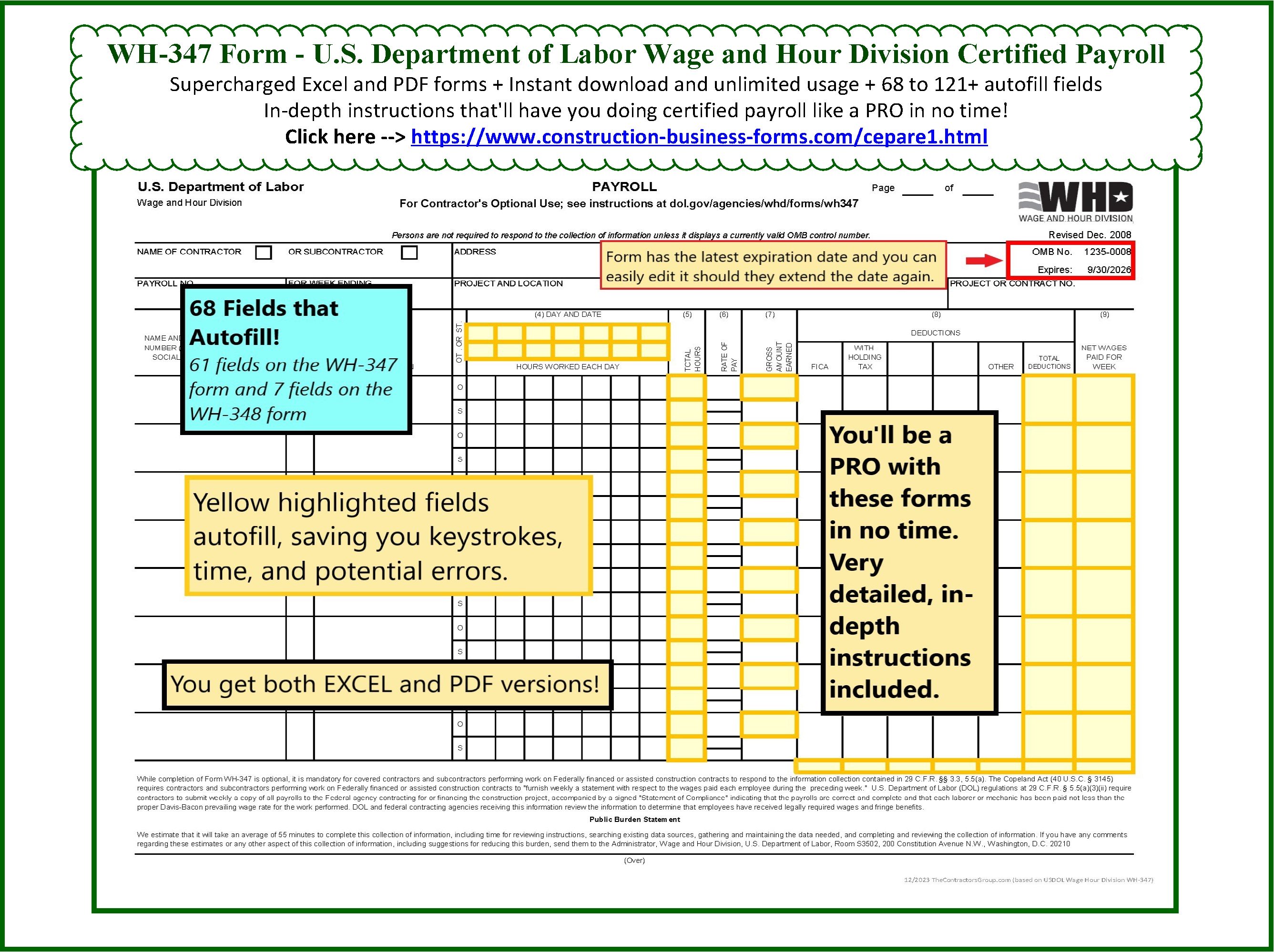
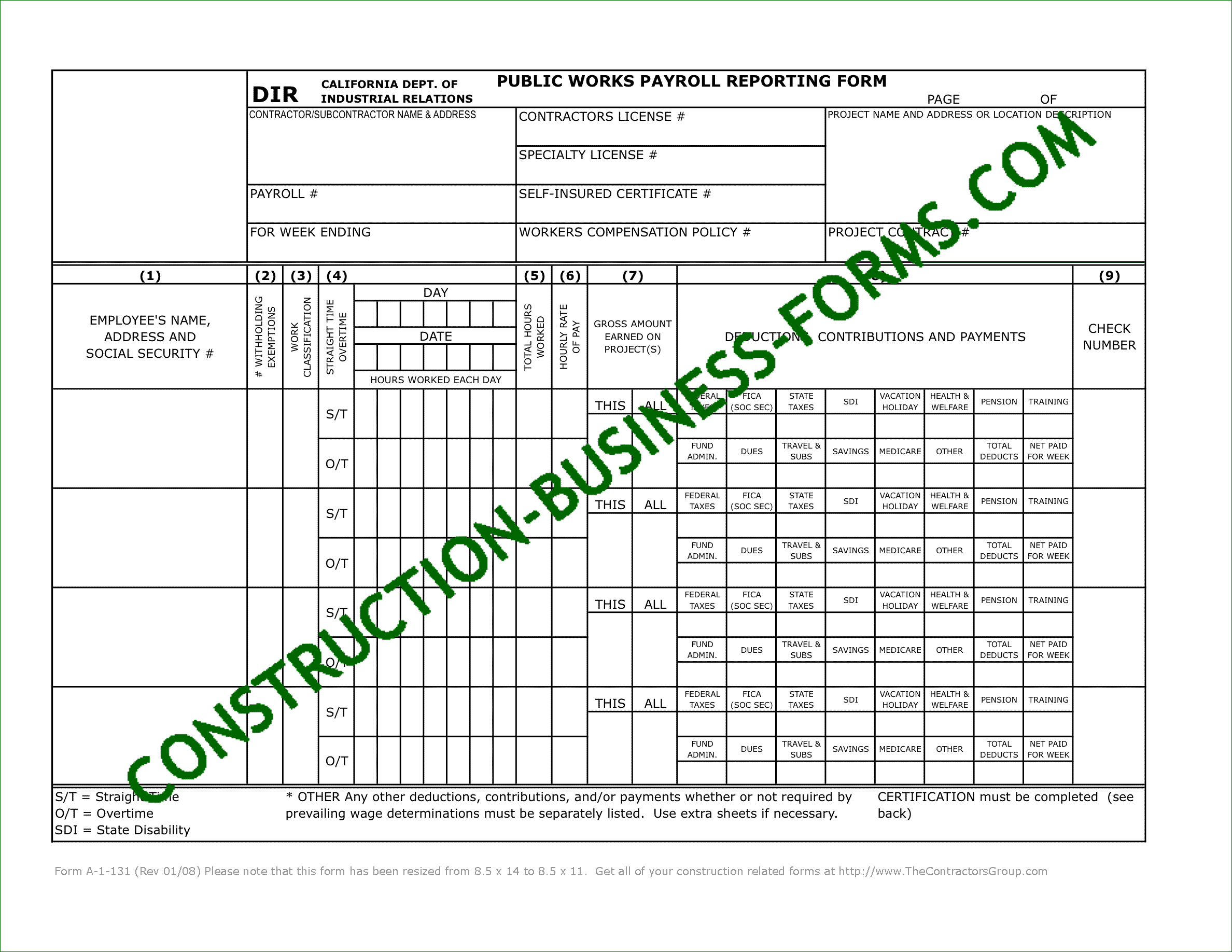
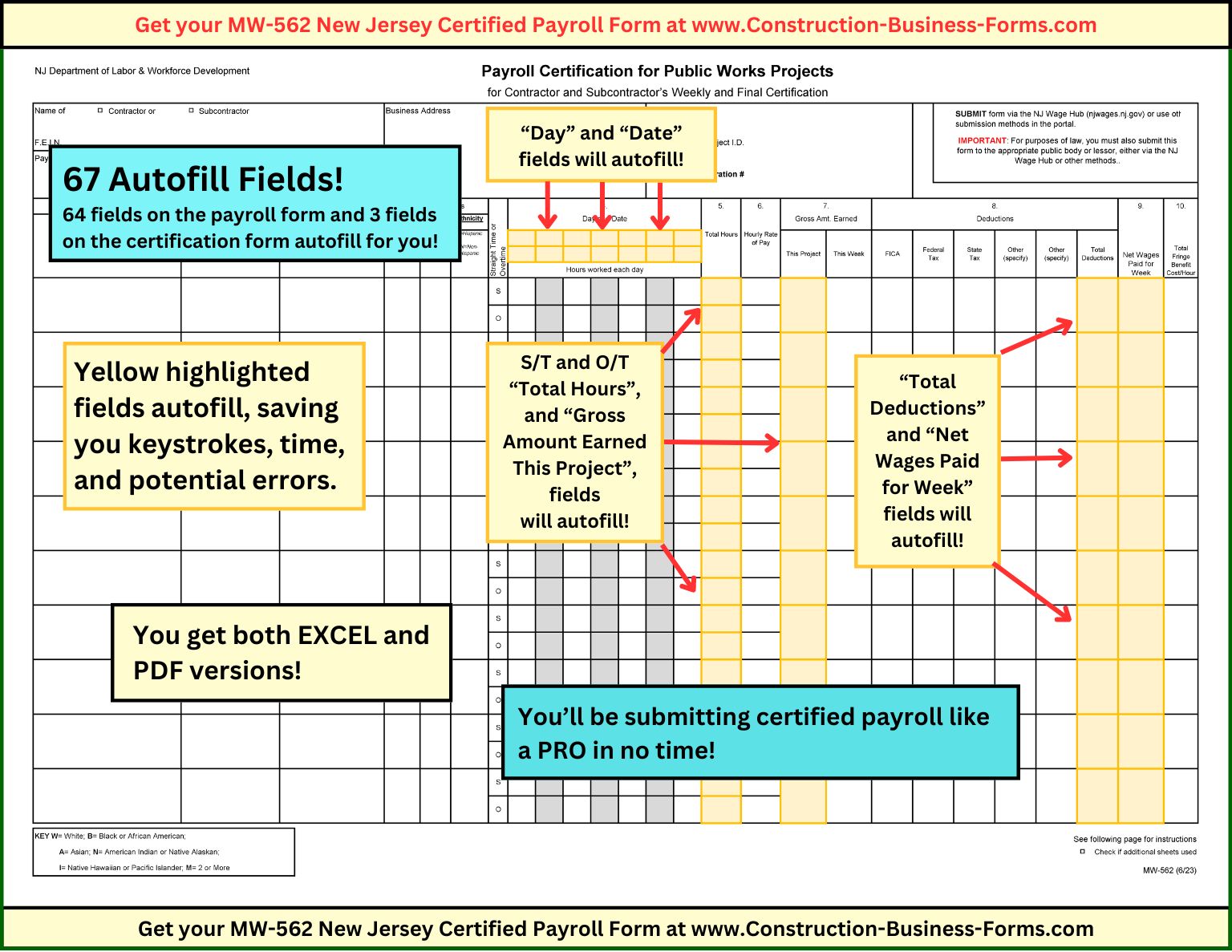
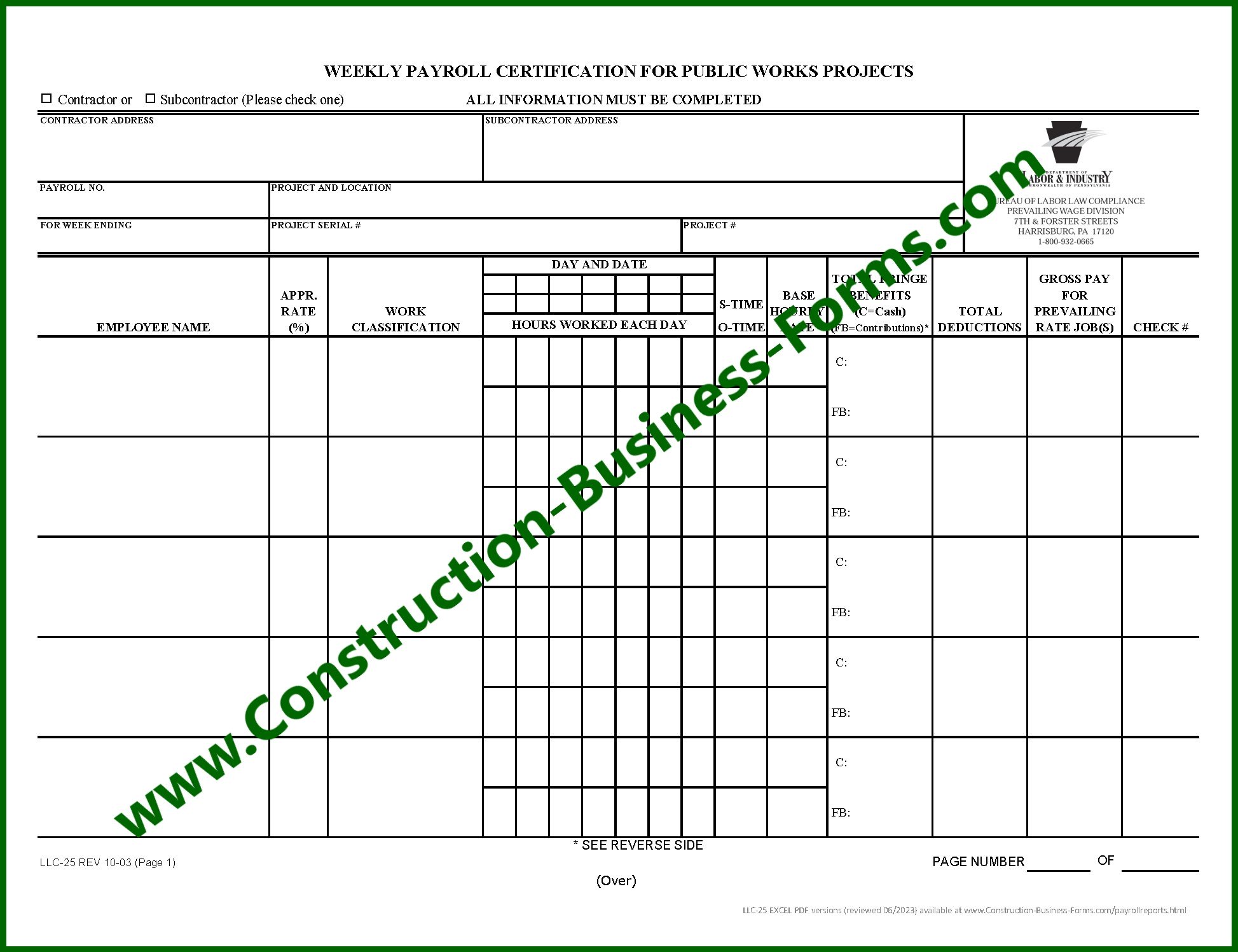
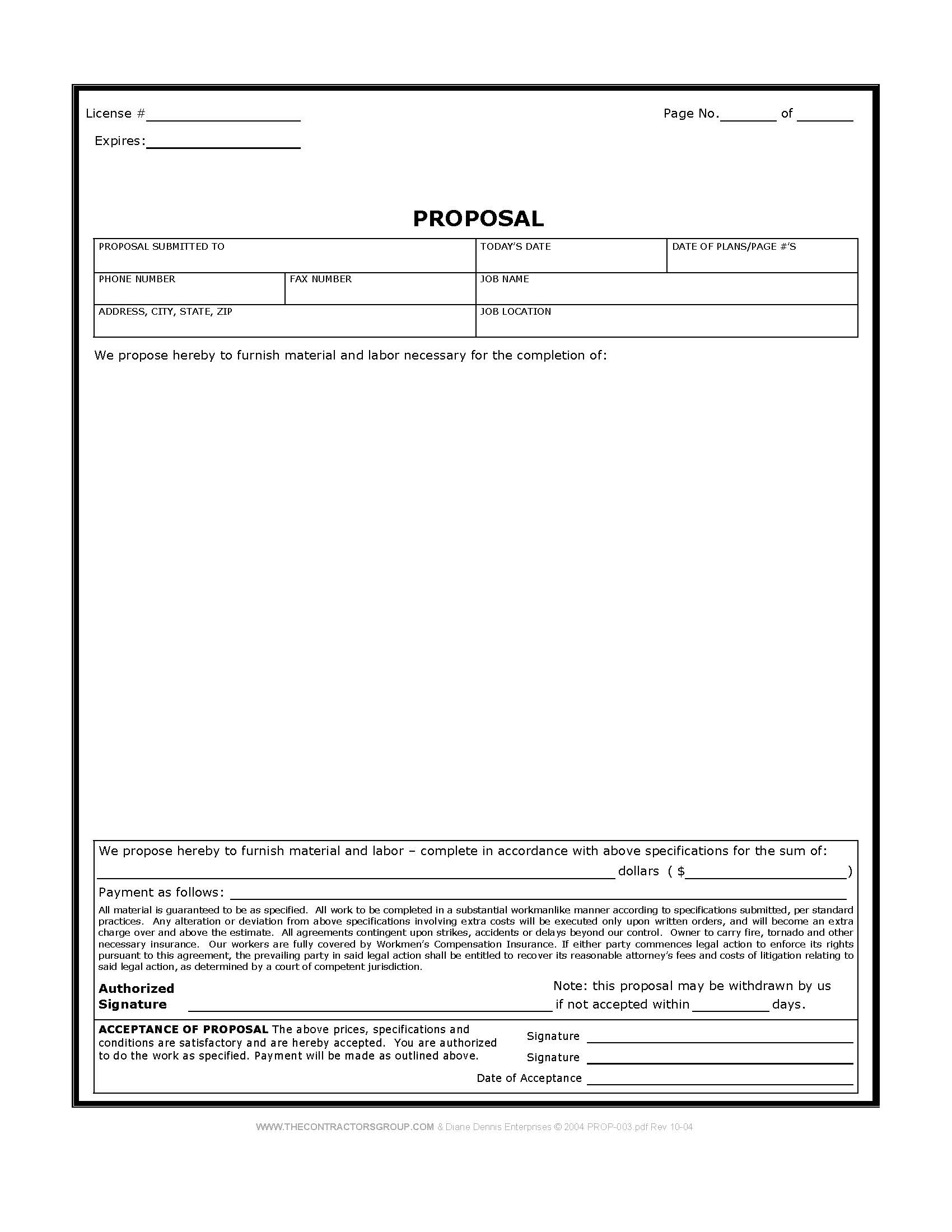
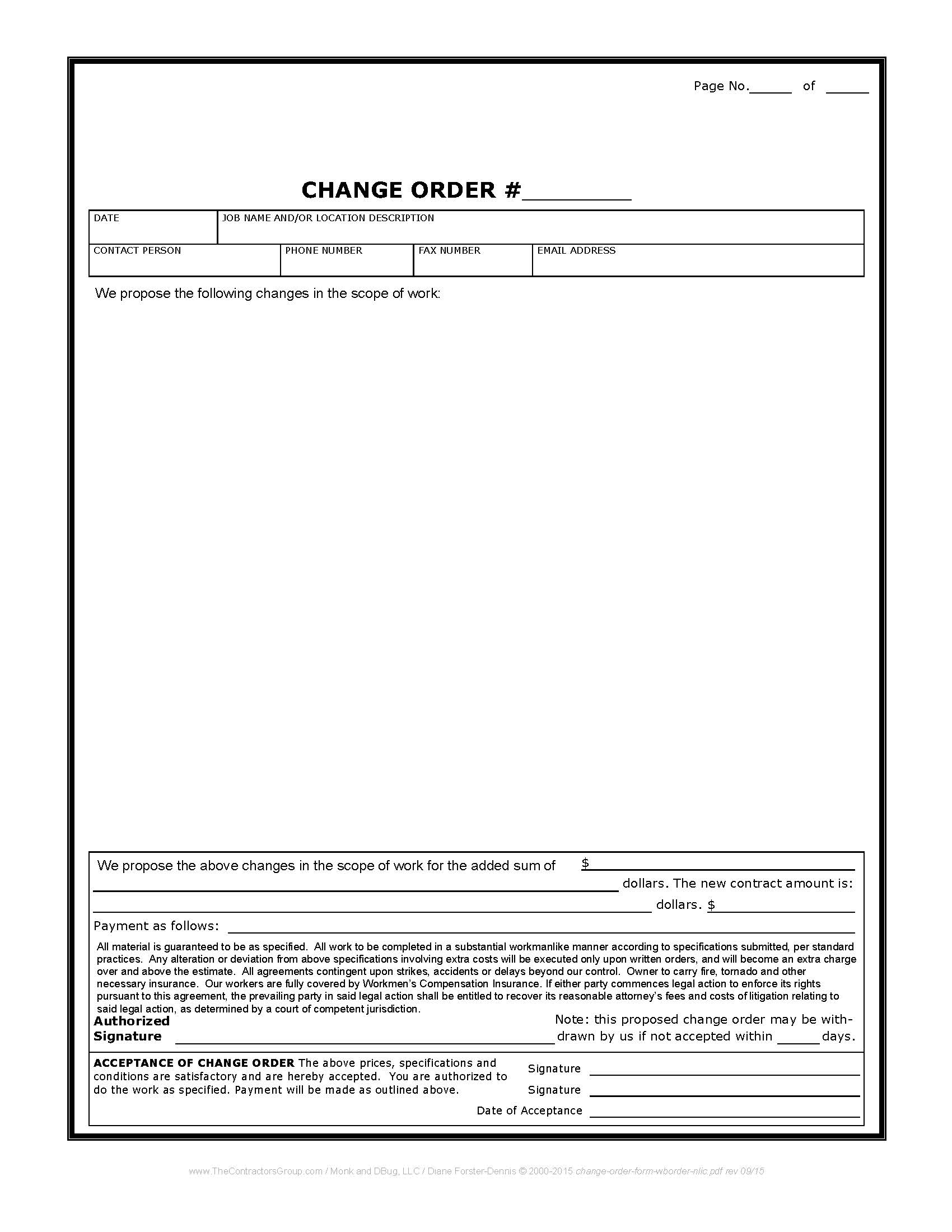
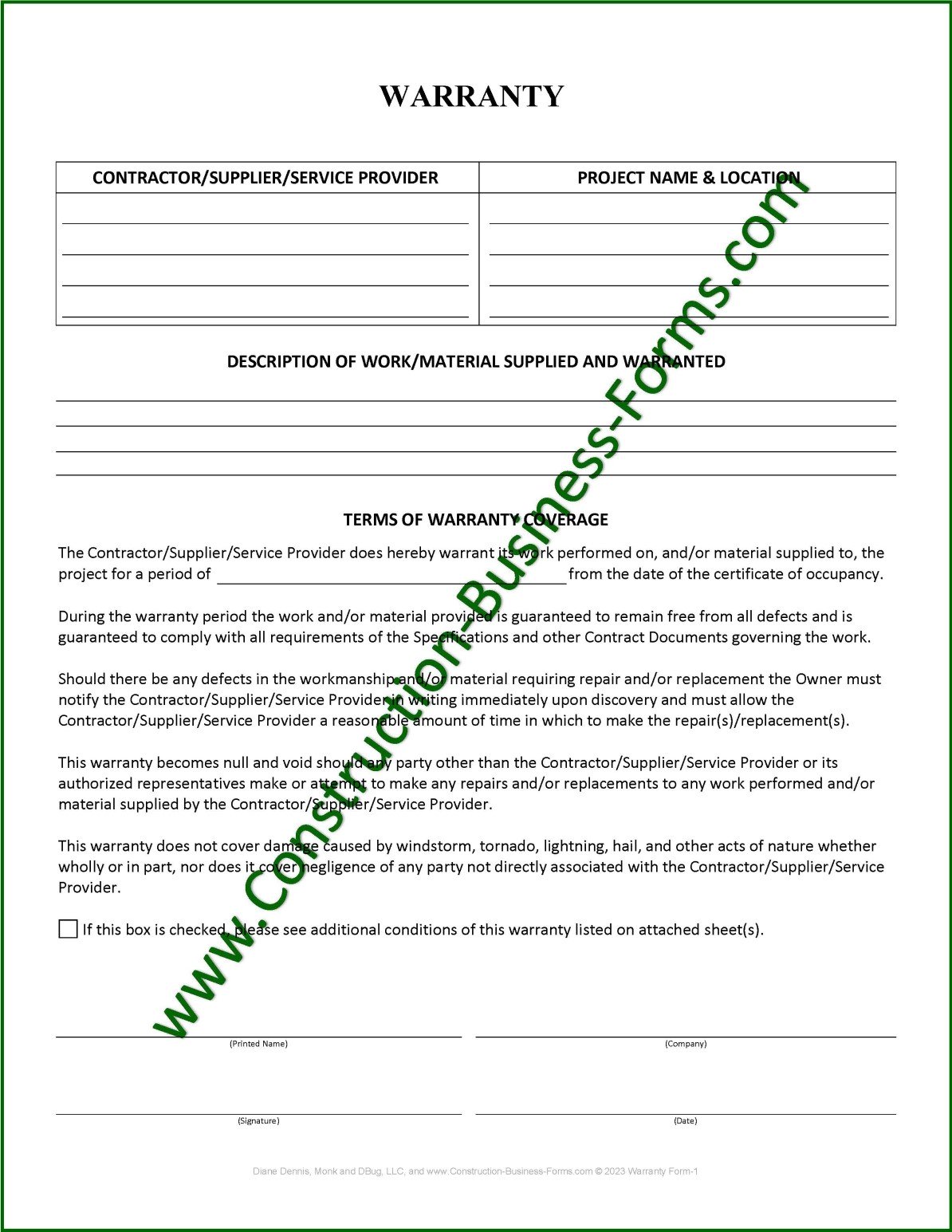
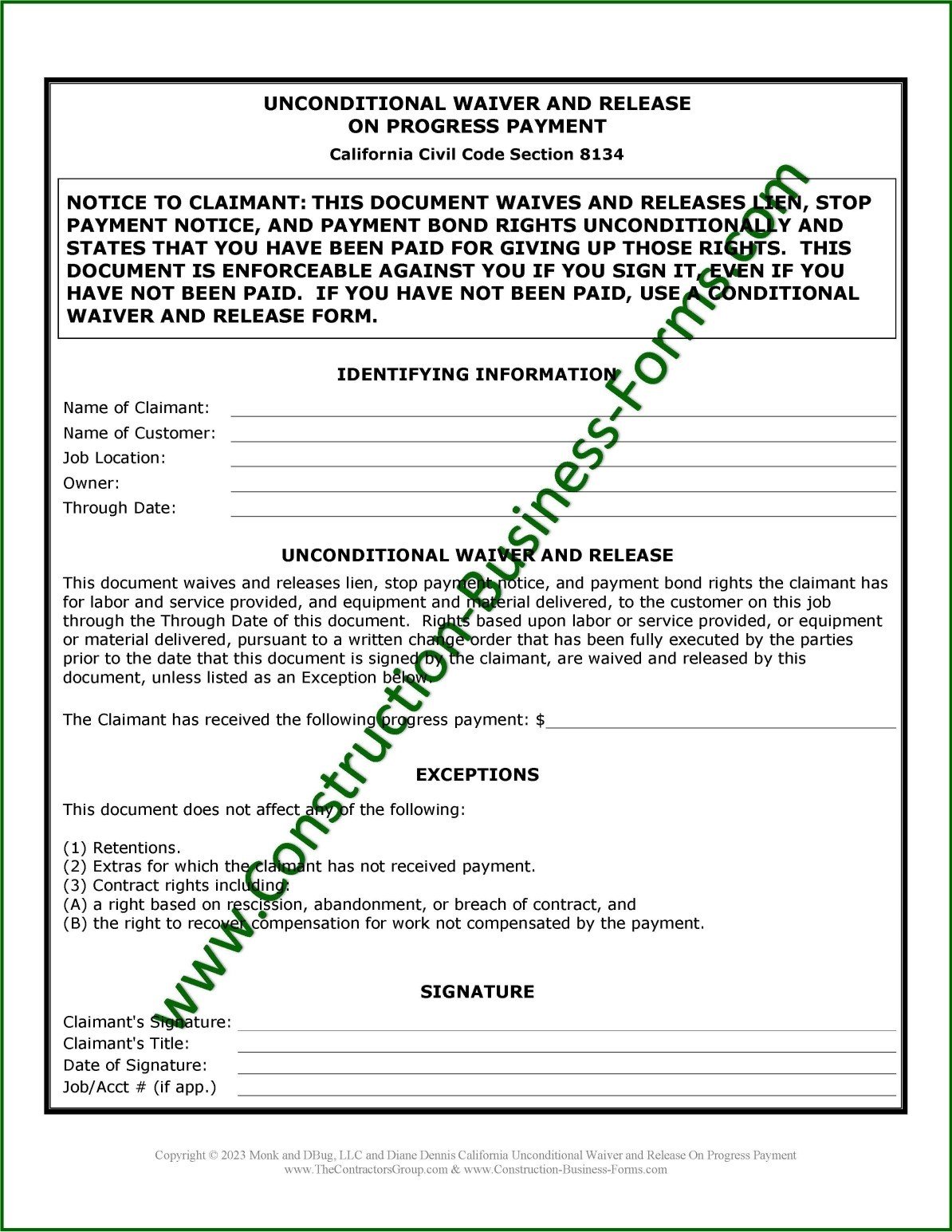
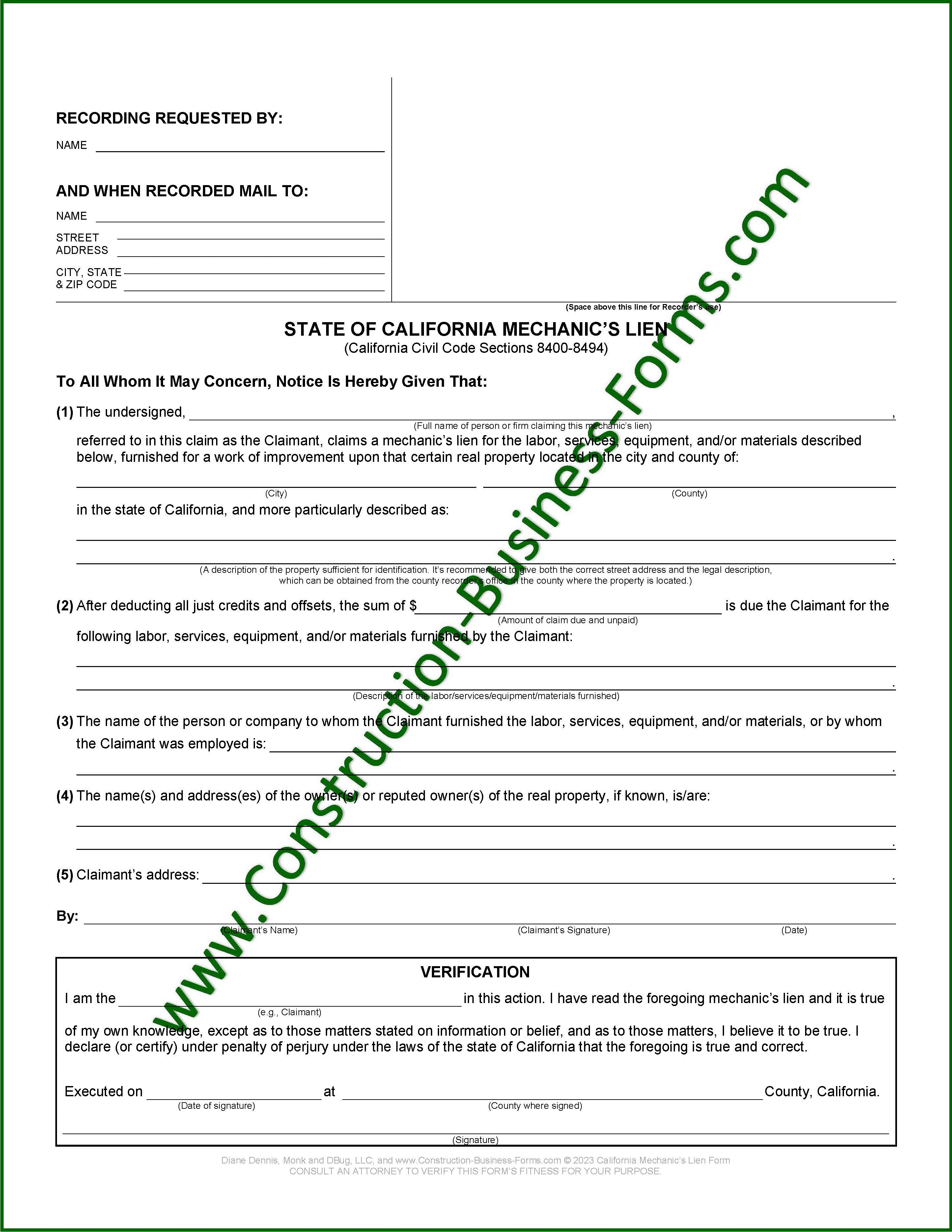
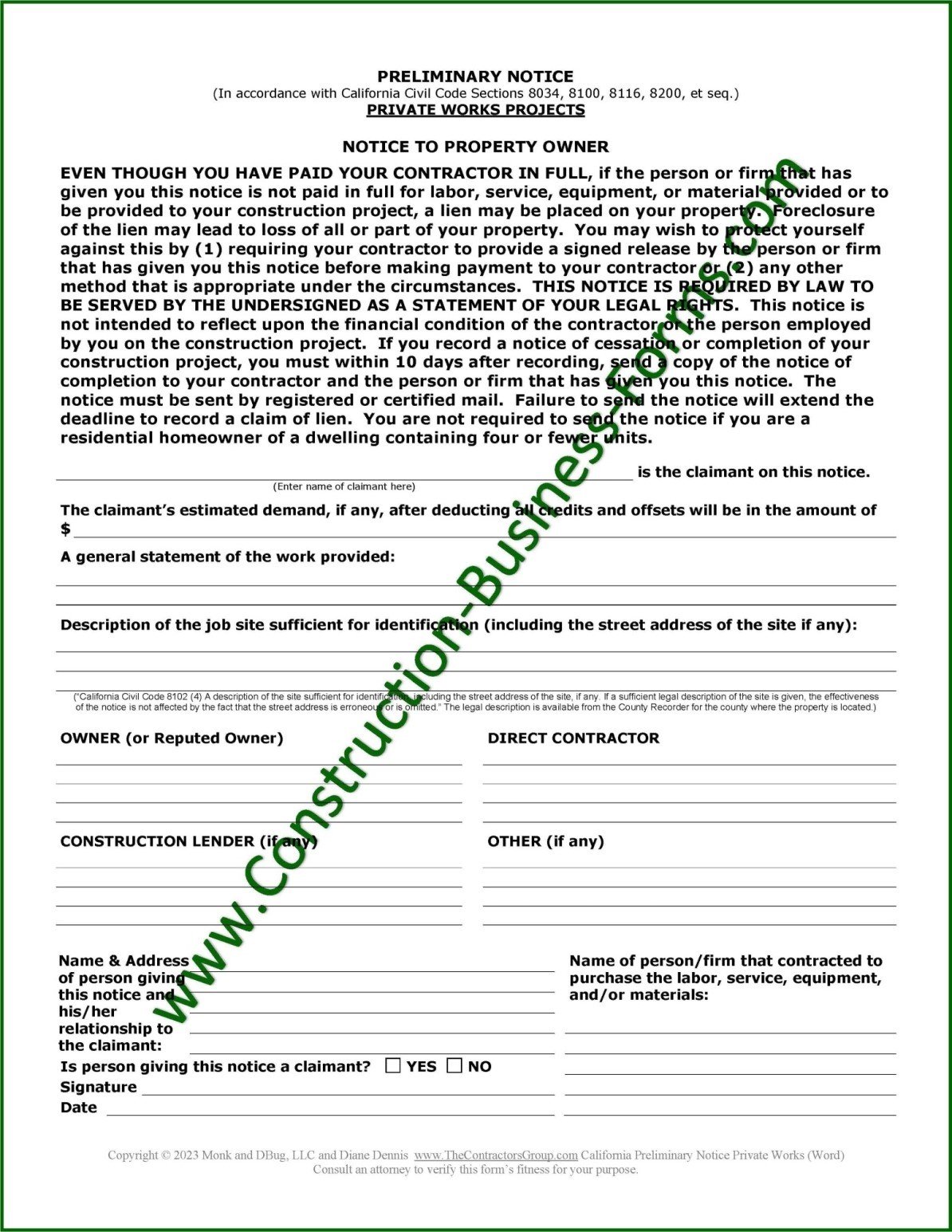



New! Comments
Please leave me your comments below. Facebook doesn't notify me of comments but I'm tickled when I come across them and I always respond when I see them.